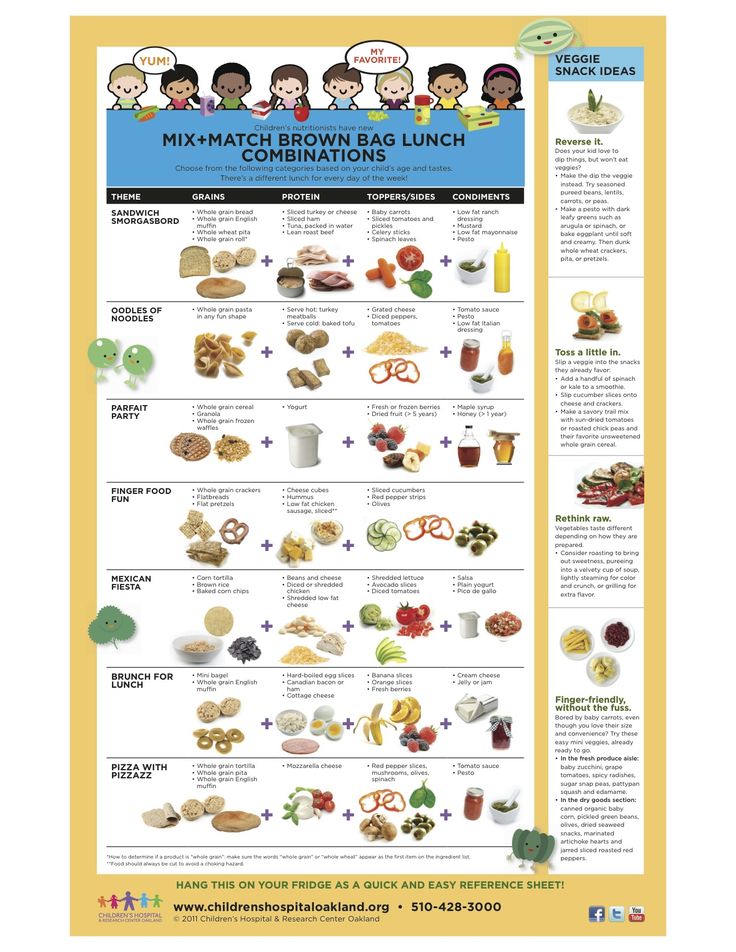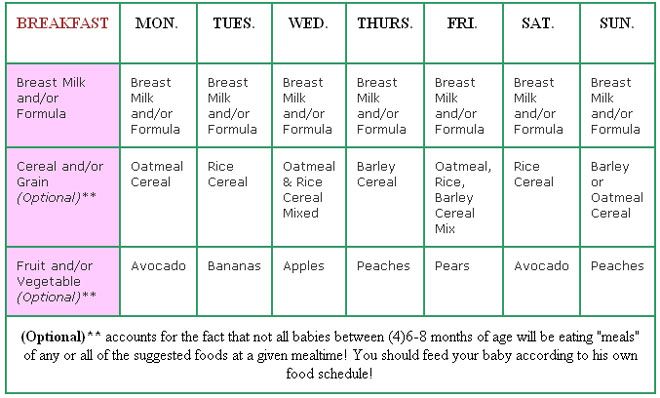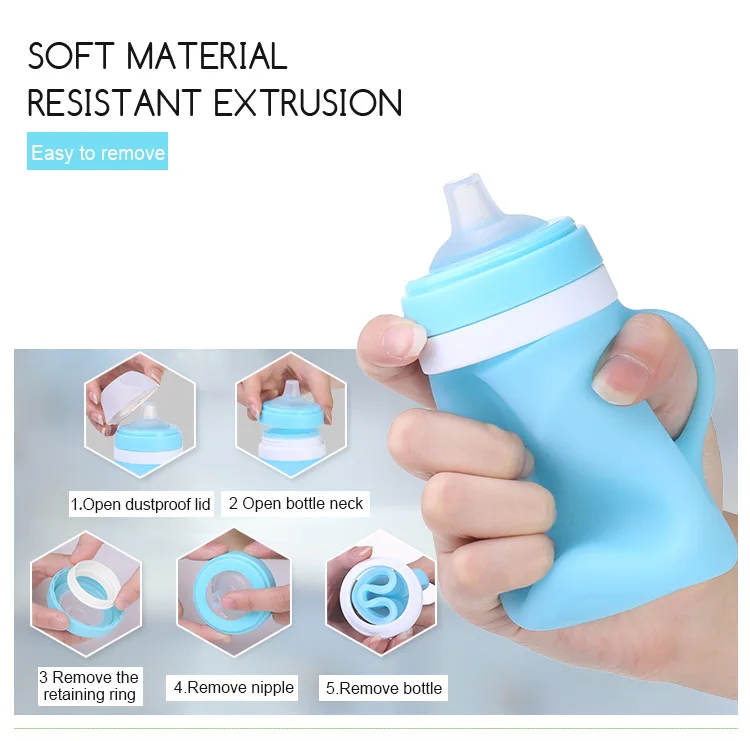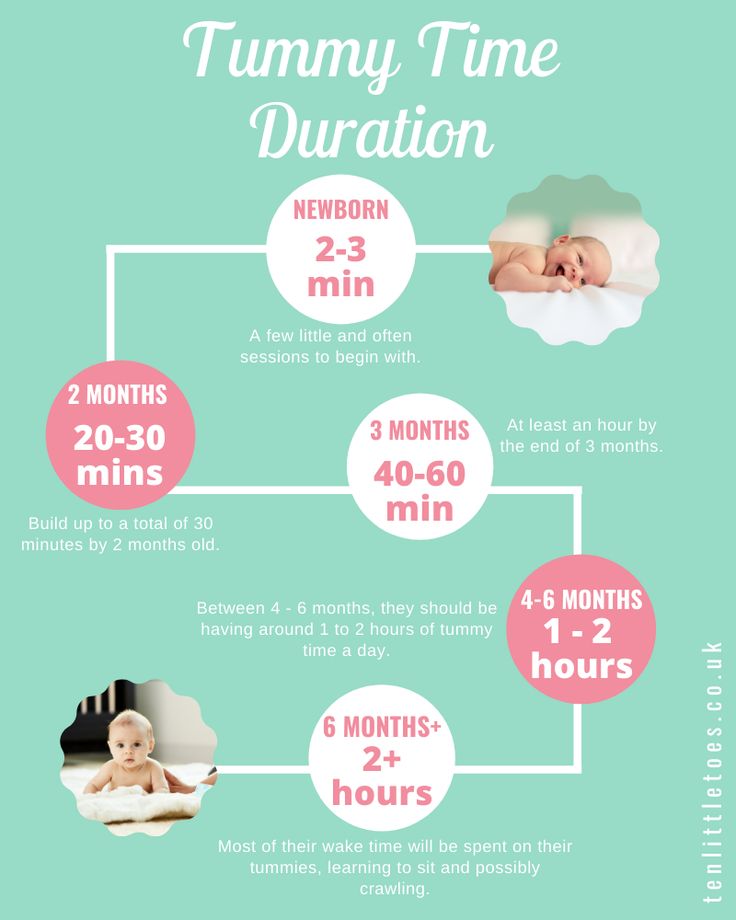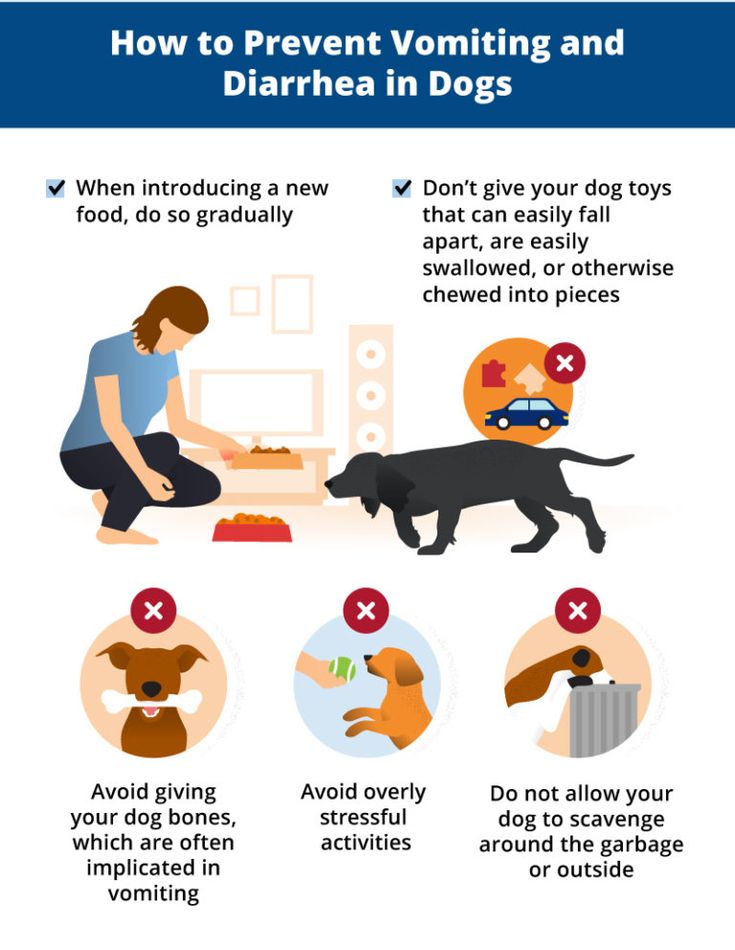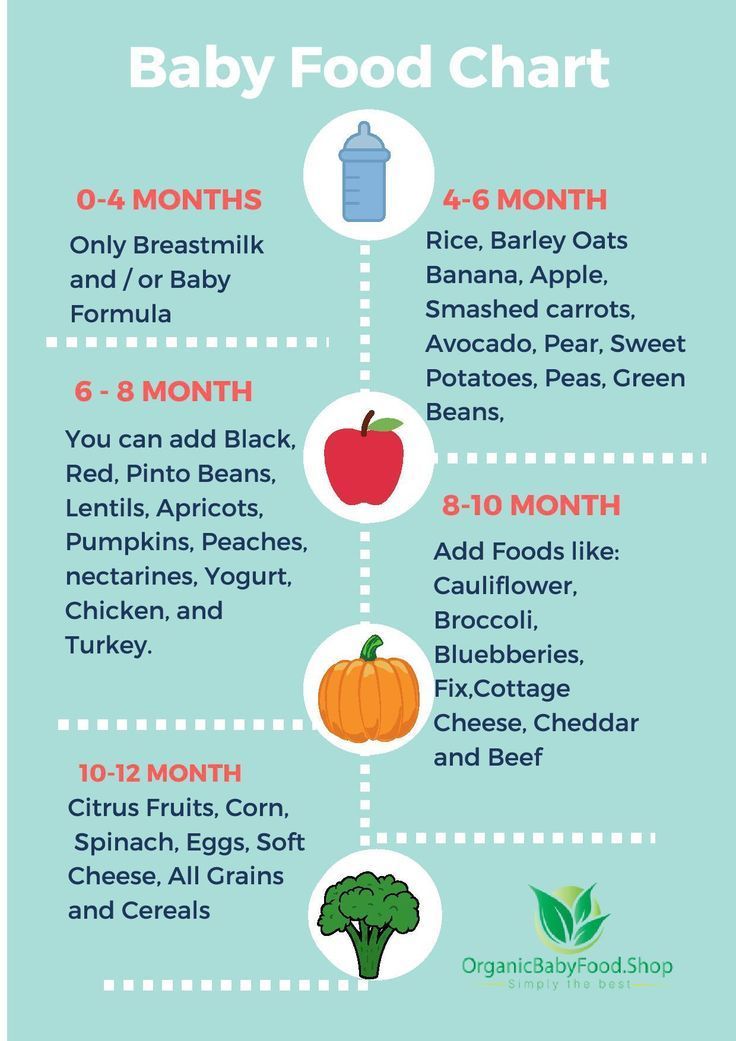How long to boil carrots for baby finger food
Puree Carrots For Baby Recipe
Published: by Dora · This post may contain affiliate links ·
Sharing is caring!
This puree carrots for baby recipe is a great stage 1 baby food recipe that can be made in 3 ways and served either as carrot puree, carrot mash and baby-led weaning for your 6 month old baby or older. Only 5 min prep.
*This post has been reviewed by Dora Babic-Cikos, PhD Nutritional Science
Ingredients and nutrition
- Ingredient: this is a stage 1 baby food puree so we will just use 1 ingredient - a carrot (for carrot puree combinations scroll to the bottom)
- Type: you can use any type of carrot you like, including baby carrots or even antioxidant rich purple carrots
- Nutrition: it will depend on what type of carrots you use, but the majority are full of carotenoids, antioxidants that have been found to protect from cancer.
Carrots mostly contain water and complex carbohydrates (and fiber) and are a low glycemic index food, meaning they don't spike up the blood sugar like processed carbs
- How to store carrots: unwashed carrots keep at room temperature for a week or so, or a little longer in the fridge. If you want them to last longer then wash, peel, and submerge in cold water to store in the fridge for up to 3 weeks
How to cook carrots for baby recipe?
There are 3 methods to make carrot puree for babies: steaming, boiling and roasting.
Steaming retains the most nutrients, followed by roasting and then boiling. Most of the beneficial nutrients found in carrots are water-soluble meaning that they are released into the water while cooking. That's why roasting and steaming are far better options than cooking.
TIP: If you want to try out baby-led weaning in addition to puree, scroll below to find instructions on how to prepare and serve baby-led weaning carrots.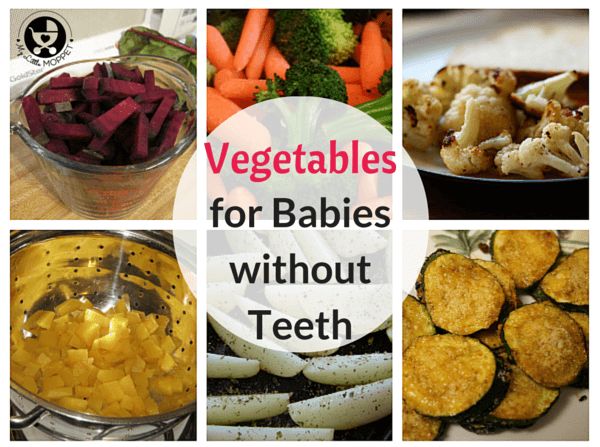
Method 1: How to steam carrots for puree?
- Trim the tops, peel, wash the carrots and cut them into chunks.
- Place water in a saucepan. Once boiling place the carrots in a steamer basket on top, cover and steam for about 15 minutes until soft. Retain the water from steaming for the puree.
- Transfer the carrots to a blender, food processor or Vitamix and blend. Add water tablespoon by tablespoon until you reach the desired consistency.
Method 2: How long to boil carrots for baby food?
- Trim the tops, peel, wash the carrots and cut them into chunks.
- Place water in a saucepan. Once boiling add the carrots, cover, turn the heat to medium and cook for about 15 minutes until tender.
- Transfer the carrots to a blender, food processor or Vitamix and blend. Add water tablespoon by tablespoon until you reach the desired consistency.
Method 3: Roasted carrot baby food
- Preheat oven to 400°F / 200°C.
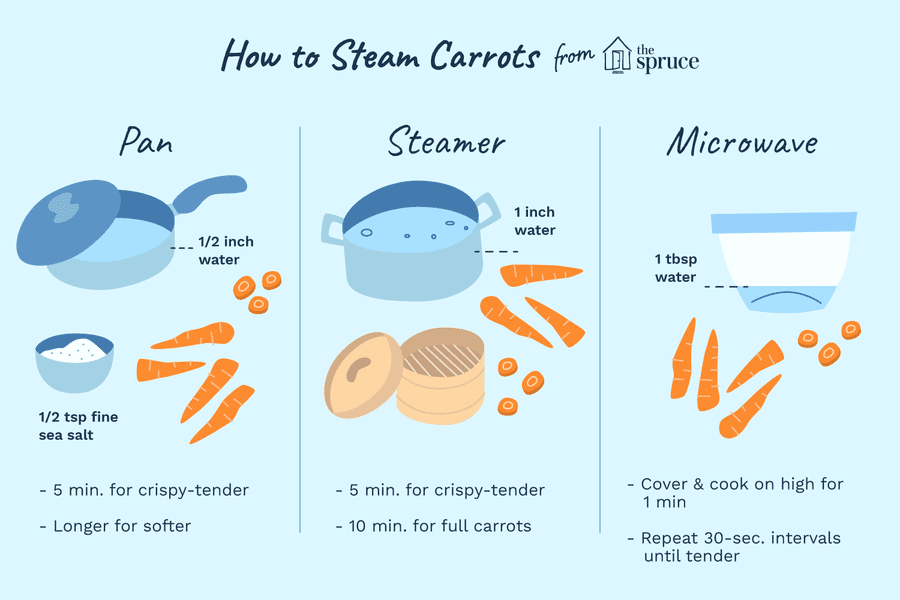 Line a baking tray with parchment paper.
Line a baking tray with parchment paper. - Trim the tops, peel, wash the carrots and slice them horizontally.
- Drizzle with olive oil so they soften while roasting and spread them in one line on the tray.
- Roast for about 30 minutes.
- Transfer the carrots to a blender, food processor or Vitamix and blend. Add water tablespoon by tablespoon until you reach the desired consistency.
How to feed carrot to baby?
Carrot baby food for 6 month old baby:
- Puree carrots - have a few spoons available. Place puree on a preloaded spoon in front of the baby so they can explore. Or place a tiny bit of puree on the tray so they can dip their finger and then lick it. The more we allow children to have control over their feeding the better their relationship with food will be.
- Mashed carrots for baby food - If you have already given your baby many different stage 1 purees and they are doing great with feeding then you can offer them mashed carrot which has a little bit more texture.
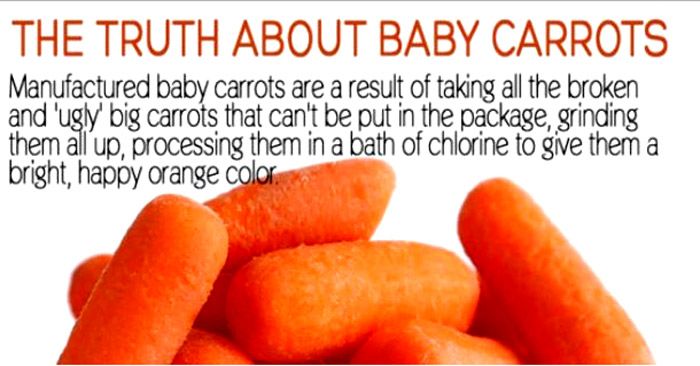 Follow either the boiling or steaming method and then mash the carrot with a fork. Give them a preloaded spoon or place a small amount in front of them.
Follow either the boiling or steaming method and then mash the carrot with a fork. Give them a preloaded spoon or place a small amount in front of them. - Baby-led weaning - using the boiling or steaming method make sure the carrots are cut in half horizontally and they are so soft that they can be mashed in between your fingers.
Baby food carrot for 9 month old baby+:
- Pincer grasp - this is a great time for your baby to try developing their pincer grasp skills so cut the boiled or steamed carrot into pieces the size of your fingernail and serve on the baby's plate or tray.
Carrot baby food storage
- Puree is best stored in airtight containers in the fridge. In freezer use ice cube trays or specific trays for baby puree like this one from Keedo Feedo.
- Store in fridge for 3 days and freezer for up to 6 months
- Thaw overnight in fridge in airtight container
- To serve remove it 2 hours in advance from the fridge so the puree reaches room temperature and then you don't have to reheat it
- Reheat in a small saucepan on the stove with a tsp of water
Baby allergy to carrots?
Carrots are not really classified as a common allergen but that doesn't mean someone cannot be allergic to carrots.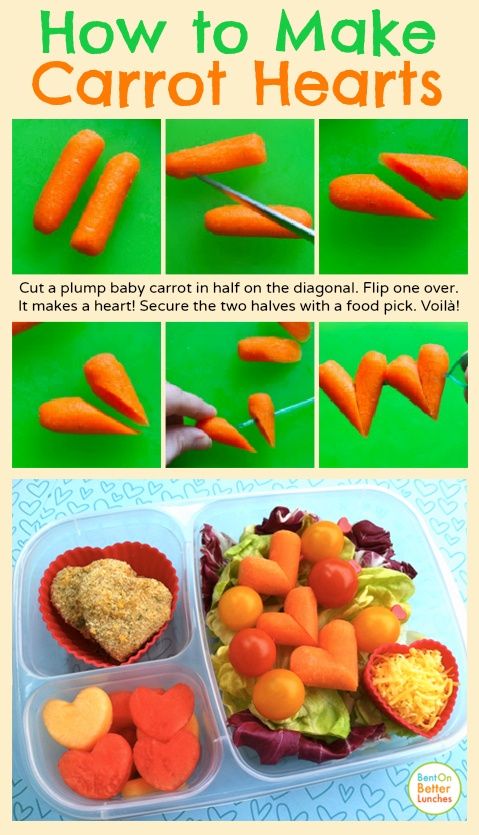 The good thing is that known carrot allergies haven't been shown as fatal and severe ones but rather manifest as an oral allergy mostly when a raw carrot is ingested.
The good thing is that known carrot allergies haven't been shown as fatal and severe ones but rather manifest as an oral allergy mostly when a raw carrot is ingested.
Main symptoms are itchiness of the mouth and/or throat and swelling of the mouth, tongue, or face. The bad thing here is that a small baby won't be able to tell you if they have an itch so it is very important to observe your baby each time a new food is offered (including carrots) and check for any unusual symptoms or behavior while eating.
If you notice that your baby is allergic, immediately remove all foods from their mouth and reach out to your doctor/pediatrician.
Carrot puree baby food combinations
If you are passed stage 1 baby puree and you want to make homemade baby food more exciting you can combine carrots with:
- Chicken
- Sweet Potato
- Pumpkin
- Butternut squash
- Apples
- Pears
- Peach
- Beef
- Chicken Butternut squash puree
- Zucchini Sweet Potato Puree
- Olive oil
- Cinnamon
- Nutmeg
- Curry powder
FAQ
Can carrots be given to babies?
Yes, carrots are a great first food for baby because they are a sweet vegetable with lots of vitamins. They can be given to babies from 4 months onwards. However most recommendations state that babies should start solid foods at 6 months old. See here more recipes for 6 month old baby.
They can be given to babies from 4 months onwards. However most recommendations state that babies should start solid foods at 6 months old. See here more recipes for 6 month old baby.
How to give carrots to babies?
You can either give as a carrot puree, mashed with a fork, very soft but in bigger chunks for baby-led weaning, or if your baby is ready for pincer grasp then cut into small pieces. All methods require carrots to be cooked until soft.
Can you puree raw carrots for baby?
No because they are a very hard vegetable so it is better to cook. Also, for younger babies their digestive system is not yet developed to be able to efficiently process raw carrots so eating raw ones (if they are at all able to) might lead to digestive problems like tummy ache or constipation.
Does carrot puree cause constipation in babies?
Carrots or carrot puree are not a known constipation-causing food since it does contain fiber but each body and digestive system reacts differently so constipation after eating carrot puree cannot be ruled out.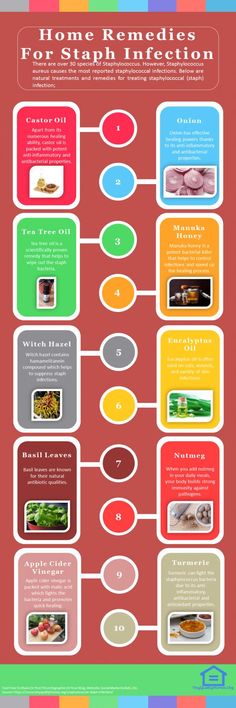 If you notice that your baby has trouble passing stool and is cramped after eating carrot puree than you might want to cut back on it for a few days and offer it alongside fiber-rich foods such as wholegrains or seeds.
If you notice that your baby has trouble passing stool and is cramped after eating carrot puree than you might want to cut back on it for a few days and offer it alongside fiber-rich foods such as wholegrains or seeds.
If you've tried this recipe for kids then rate the recipe below and leave us a comment!
More homemade baby food recipes you will enjoy
Puree Carrots for Baby Recipe
This puree carrots for baby recipe is a great stage 1 baby food recipe that can be made in 3 ways and served either as carrot puree, carrot mash and baby-led weaning for your 6 month old baby or older. Only 5 min prep.
5 from 4 votes
Author: Dora
Print Recipe Pin RecipePrep Time 2 mins
Cook Time 15 mins
Servings 6
Fridge Life? 3 days
Freezable? 3 months
- ▢
Small Blender optional
- ▢
Food Processor optional
- ▢
Vitamix optional
- ▢ 500 g carrots
- ▢ ¼ cup water
Method 1: How to steam carrots for puree?
Trim the tops, peel, wash the carrots and cut them into chunks.
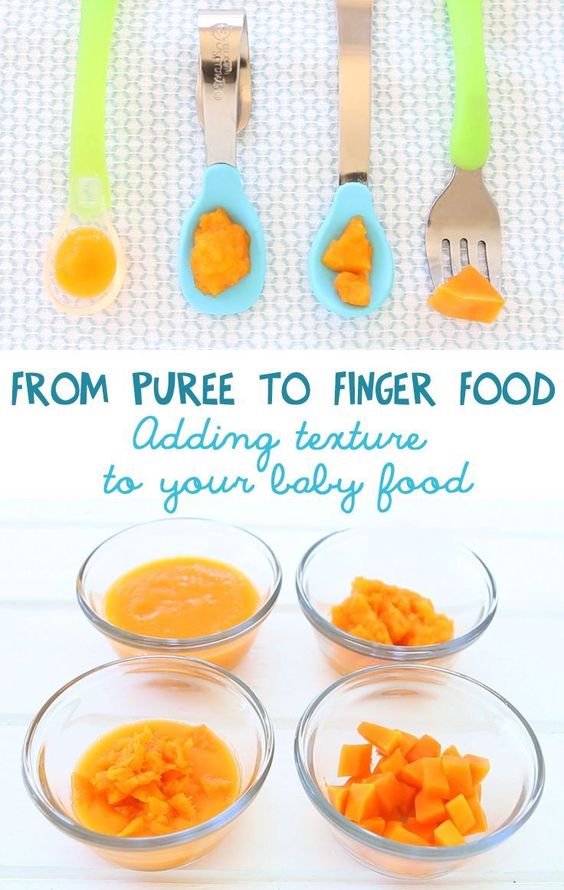 Place water in a saucepan. Once boiling place the carrots in a steamer basket on top, cover and steam for about 15 minutes until soft. Retain the water from steaming for the puree.
Place water in a saucepan. Once boiling place the carrots in a steamer basket on top, cover and steam for about 15 minutes until soft. Retain the water from steaming for the puree.Transfer the carrots to a blender, food processor or Vitamix and blend. Add water tablespoon by tablespoon until you reach the desired consistency
Method 2: How long to boil carrots for baby food?
Trim the tops, peel, wash the carrots and cut them into chunks. Place water in a saucepan. Once boiling add the carrots, cover, turn the heat to medium and cook for about 15 minutes until tender.
Transfer to a blender or food processor and blend. Add water tablespoon by tablespoon until you reach the desired consistency.
Method 3: Roasted carrot baby food
Preheat oven to 400°F / 200°C. Line a baking tray with parchment paper. Trim the tops, peel, wash the carrots and slice them horizontally. Drizzle with olive oil so they soften while roasting and spread them in one line on the tray.
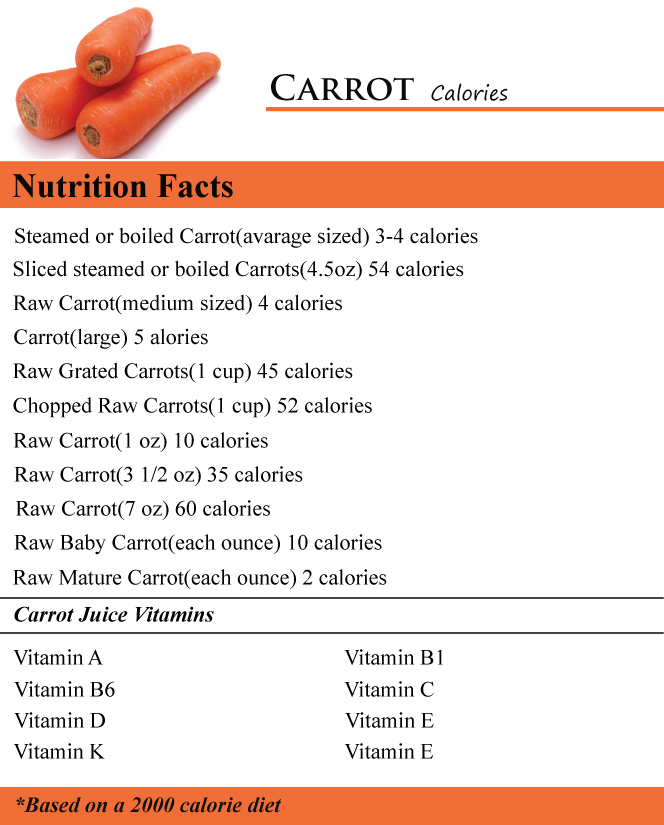 Roast for about 30 minutes.
Roast for about 30 minutes.Transfer to a blender or food processor and blend. Add water tablespoon by tablespoon until you reach the desired consistency.
Age: 4-6 months and up
Storage:
- Airtight containers in the fridge. In freezer use ice cube trays or specific trays for baby puree like this one from Keedo Feedo
- Store in fridge for 3 days and freezer for up to 6 months
- Thaw overnight in fridge in airtight container
- To serve remove it 2 hours in advance from the fridge so the puree reaches room temperature and then you don't have to reheat it
- Reheat in a small saucepan on the stove with a tsp of water
Baby-led weaning: to serve baby-led weaning use the boiling or steaming method but cut the carrots in half lengthwise and make sure they are so soft they can be mashed between your fingers before serving to the baby.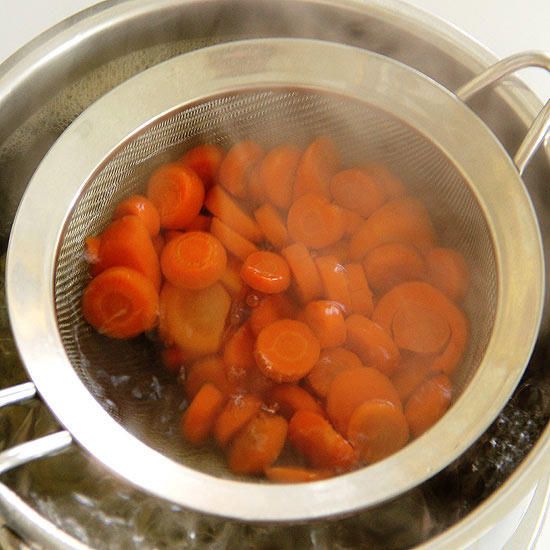
Serving: 1gCalories: 34kcalCarbohydrates: 8gProtein: 1gFat: 0.2gSaturated Fat: 0.03gPolyunsaturated Fat: 0.1gMonounsaturated Fat: 0.01gSodium: 58mgPotassium: 267mgFiber: 2gSugar: 4gVitamin A: 13922IUVitamin C: 5mgCalcium: 28mgIron: 0.3mg
Tried this recipe?Let us know how it was!
If you've tried this recipe for kids then rate the recipe below and leave us a comment!
Reader Interactions
Carrots For Babies: Ways To Cook, Serve & Recipe Ideas By Age
BABY | Baby Led Weaning | Dairy free | Egg free | GAPS | Gluten free | Grain free | Purees | Vegan
1.4K shares
Jump to Recipe - Print Recipe
Carrots for babies make the perfect first solid baby food beginning with 6 months of age, when they show signs of interest for complementary foods.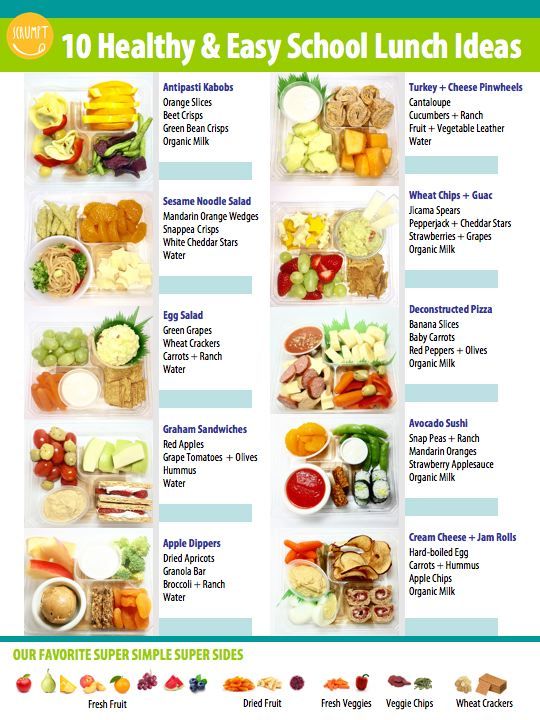
Learn how to prepare baby’s first carrots whether they’re steamed, puréed, mashed, grated or roasted and serve according to baby’s age. As well as healthy recipes you can make with carrots for your little one.
With a little prep you can make nutritious and convenient carrot baby food particularly when introducing carrots as baby led weaning or first finger food.
Carrots For Babies
Just like sweet potato, carrots have a soft texture (when cooked) with a sweet mild flavor which is quickly accepted by babies. Carrots make a great first vegetable to be introduced to your baby whether you choose to make carrot puree, serve carrot sticks as finger food or when making stage 2 carrot baby food recipes.
Benefits of Eating Carrots For Babies
- Carrots are a top source of beta-carotene (then transformed by the body into vitamin A) and also rich in many natural bioactive compounds responsible for the maintenance of the baby’s normal function of the immune system, skin, mucosal membranes, and normal vision.
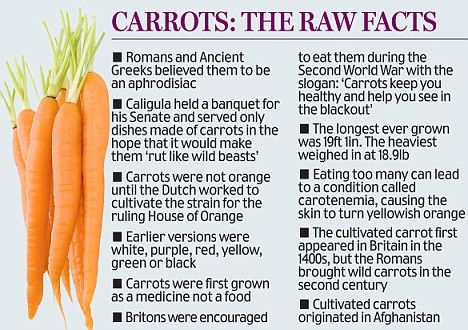
- Note: To help the body convert more beta carotene into vitamin A, the carrots should be eaten with a small amount of fat. A healthful source of fat you could use is avocado, nuts, seeds or cold pressed oils.
- Carrots, being rich in fiber can help slow the absorption of sugars into the bloodstream and additionally prevent the baby from getting constipated.
This post may contain affiliate links. To read the disclaimer policy See This.
How To Cook Carrots For Babies
Here are some suggestions on how to cook carrots for babies, while retaining their nutrients, taste and texture:
1. Steaming:
How To Steam Carrots For Baby Food- Peel the carrots. Slice into desired size pieces.
- Bring 1 inch of water to boil in a saucepan fitted with a steamer basket and cover with a lid.
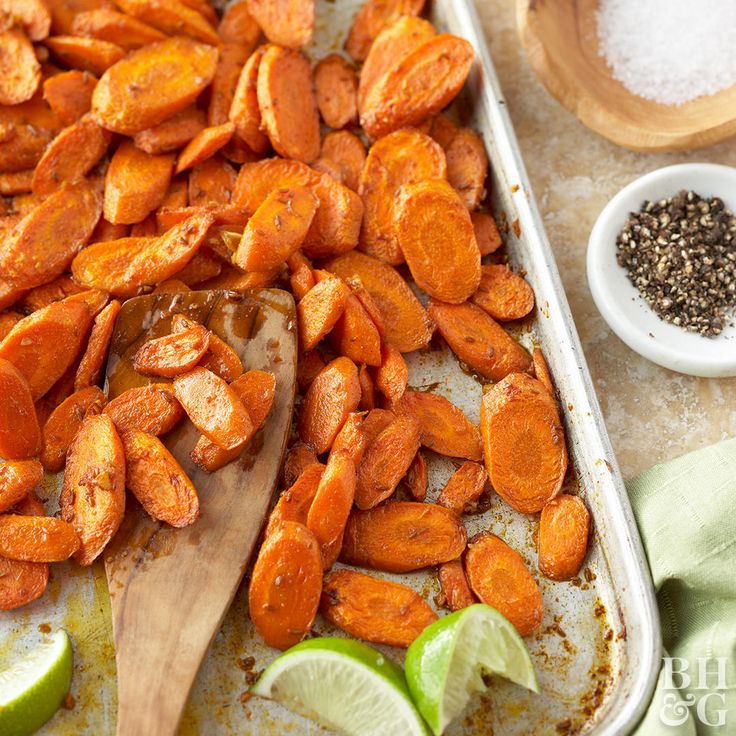
- Steam on medium-low heat for approximately 12-15 minutes (it depends on the size) or until they are soft when pierced with a fork. Then you can cut into smaller pieces if you need to, according to your baby’s age.
Steaming is one of the best ways to prepare carrots for baby led weaning. This method of cooking preserves the most of it vitamins as there is less contact with water and has a short exposure to heat.
Steaming carrots for baby, checking the softness after steaming.2. How To Bake/ Roast Carrots As Baby Finger FoodIf you want to bake carrots for your baby, you have two options: cut then bake, or bake first and then once soft, cut into smaller pieces.
- Peel and chop the carrots into desired size.
- Drizzle with oil (healthier oil to use is olive oil, avocado oil or grape seed oil) and coat evenly.
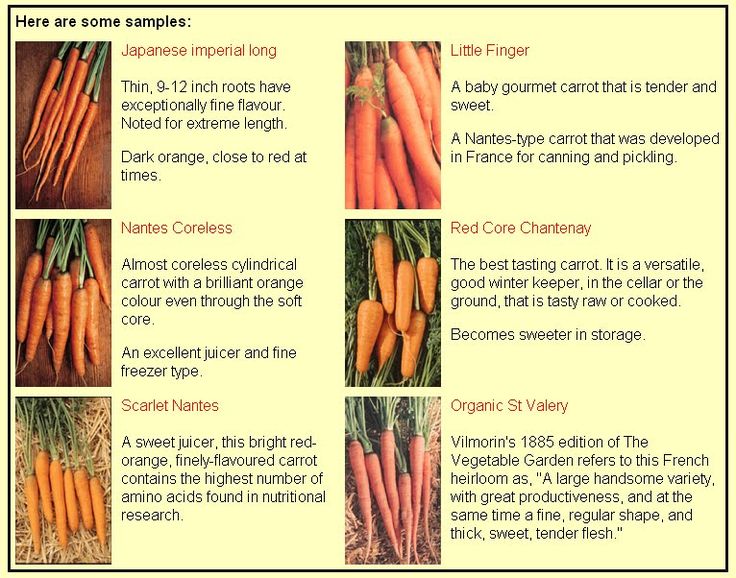 Season with a touch of pink Himalayan salt (for babies 9 months+), dried herbs like sage, oregano or coriander.
Season with a touch of pink Himalayan salt (for babies 9 months+), dried herbs like sage, oregano or coriander. - Spread in one layer, on a parchment paper lined sheet pan (try not to use aluminum foil, when exposed to high heat, aluminum can leach into food).
- Roast the carrots at 400F until soft and tender, approximately 25-35 minutes. Usually whole thick carrots will need a little more time.
If you intend to serve with a spoon, mashed or make a carrot puree, then you can bake (or steam) carrots whole.
Roasted carrots for babies as finger food.3. How To Boil Carrots For Baby Food
- Bring a pot with water to a boil.
- Add the chopped carrots (0.5-1 inch thick slices/ sticks) to boiling water for 4 to 5 minutes, then drain (timing depends on the thickness of the carrots). For whole carrots – about 10 minutes.

- Season if necessary, then you can cut into desired shapes / mash or make a carrot salad by grating them.
Boiling carrots usually is the least preferred method if you need just plain soft carrots. The most nutrients will leach into the boiling water that you will likely discard.
This method is best when you make soups and purees as you would keep the water with all the leached nutrients.
Boiling carrots will also reduce the vitamin content. Raw or steamed carrots provide the most nutritional value.
How Serve Carrots For Babies (+Recipes) By Age
Keep in mind that all babies develop at their own pace, your baby’s oral-motor skills, chewing and swallowing skills may differ from baby to baby, use your own common sense and logic to decide what your baby can handle.
For 6-month-old babies:
- Finger food (BLW): offer the carrots (steamed and soft) sliced into thick strips or sticks so your baby can hold them in the fist and chew.
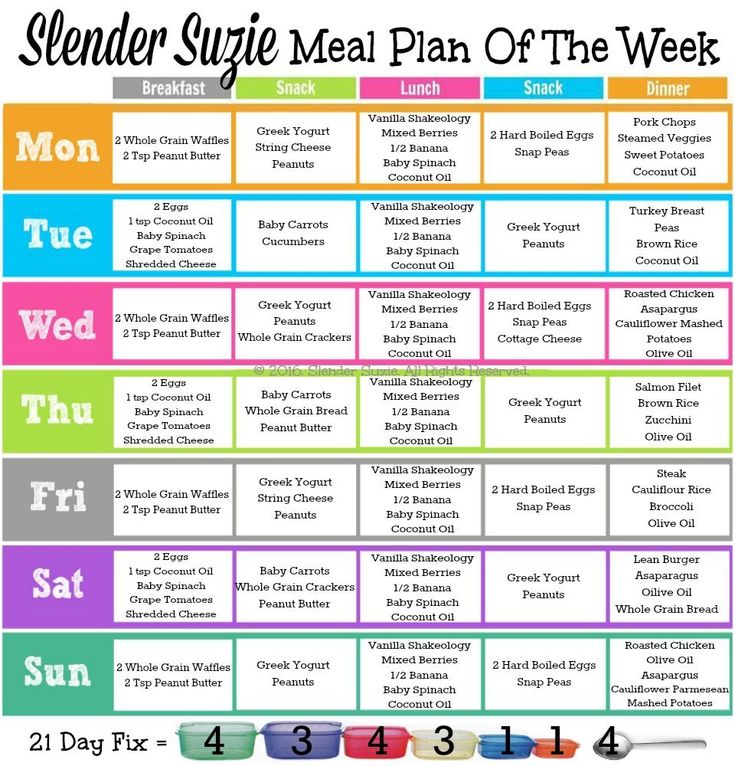 Check out this carrot baby led weaning guide.
Check out this carrot baby led weaning guide.
- Carrot puree: after steaming or roasting, mix with water or stock to form a smooth puree or use less liquid if you want it thicker like mashed. At stage 1 serve plain carrot puree then at stage 2 you can mix it with other veggie or fruit purees.
- Make a carrot salad mixed with other veggies like beetroot and with added protein like egg or avocado.
For a 9 month old baby – all of the above plus:
- Start cutting the carrots up into tiny bite-sized pieces (half-moon slices), grated or shreds (again: steamed and soft) that he/she can easily pick up. That’s usually when the child has developed her pincer grasp.
- Mashed carrots (steamed or roasted) with a fork (minimum or no liquid added).

- Stage 2 (7-9 months): carrot puree combinations, with one or two more types of foods (including meat, grains, fruit and veggies).
- Carrot soup with stock (blended to smooth consistency).
- Carrot juice (cold pressed, freshly made) not store-bought bottled (they’re loaded with sugar and most nutrients are already lost due to processing). You can serve it fresh in a sippy cup.
- Carrot muffins (6-7 months+) for babies accustomed to baby led weaning method they might start earlier at 6 months while other kids might feel comfortable to eat muffins somewhere around 9 months.
- Healthy Oat Carrot Cookies With Applesauce
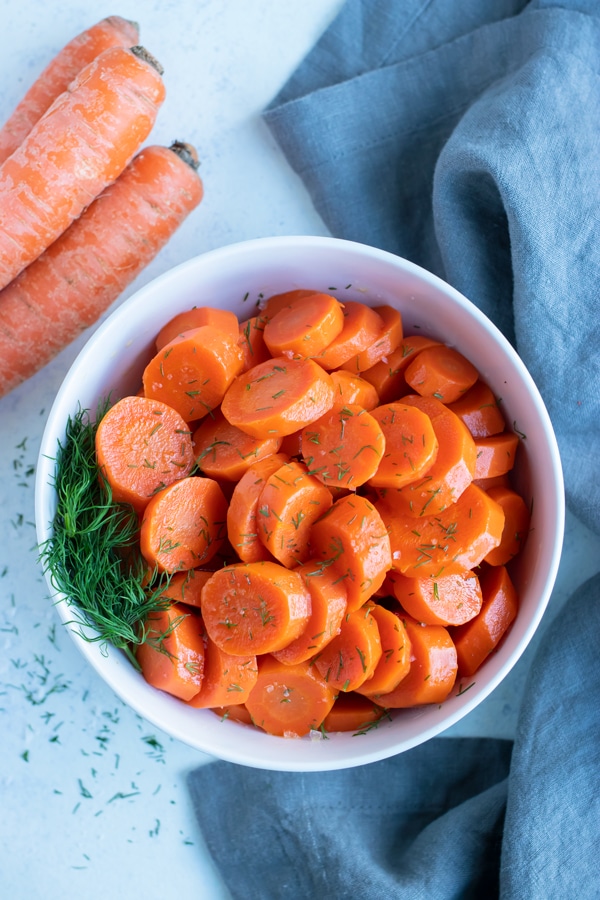
At 12-18 months (all of the above plus):
- Carrots cooked to a soft consistency served in thin slices, shreds, or diced into small pieces mixed with other foods. Encourage your baby to use utensils, like fork or spoon.
- Raw carrots might be good at 14 months+ (some babies are not ready at this age though and might choke), it depends on the number of teeth and your child’s eating/chewing skills. If you observe that your child is quite skillful with chewing and biting, then there shouldn’t be a problem. Start serving a whole raw carrot then progress to smaller sticks.
The carrot serving suggestions below are for informational purposes only, not medical advice.
How soft should carrots be for baby?
The carrots should be soft enough for you to smash with your fingers, but still able to hold it’s shape.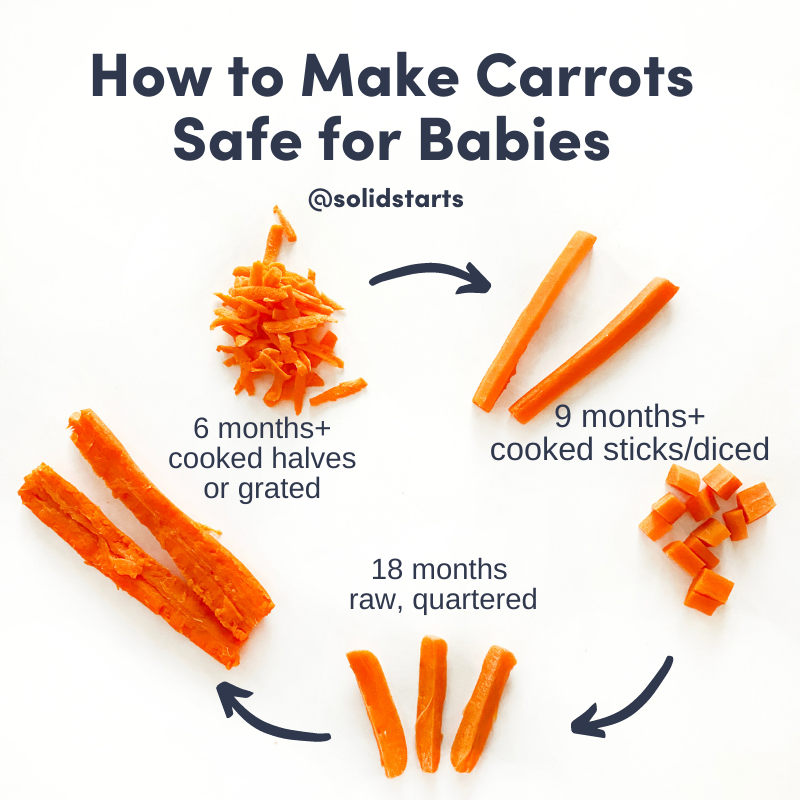 So that your baby could easily be able to gum or chew it even without teeth.
So that your baby could easily be able to gum or chew it even without teeth.
FAQ: Babies & Carrots
Are carrots hard to digest for babies?
In puree form, generally no. If carrots are served as finger food, they might pass through undigested because they don’t have teeth, enough enzymes and lack of an established gut flora. This is normal, as babies (under 12 months) don’t chew their food well and tend to process food quickly through the digestive tract. As your baby grows this will resolve itself.
Do carrots cause constipation in babies?
Usually carrots don’t cause constipation as they contain a good amount of fiber which increases the weight and size of the stool and it becomes easier to pass. If constipation occurs on a regular basis after eating carrots, it might indicate another problem: a digestive disfunction or an allergy.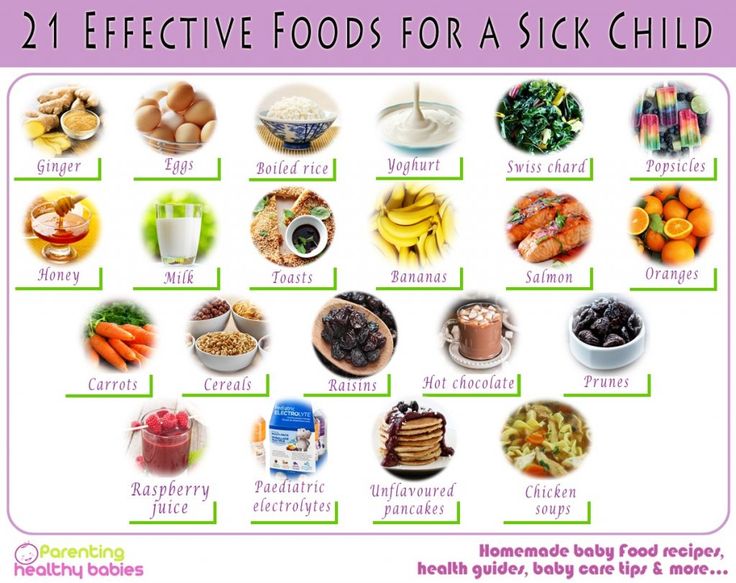
Can babies choke on carrot?
Raw carrots, especially raw baby carrots are a chocking hazard for infants. They are hard to chew and can they can bite a piece off and chock (especially when they have a few teeth). If you really want to offer finger foods and do baby led weaning, make sure you offer a larger thicker piece and soft, so the baby could suck on it.
Can babies eat pureed raw carrots?
As long as you make it smooth there shouldn’t be a chocking problem. Raw carrots are actually more nutritious than those exposed to heat.
Can I give my baby a carrot for teething?
You can give a frozen cooked carrot. The carrot will defrost as baby chews. Some parents choose to give a whole raw carrot for teething babies (without teeth), but if you’re not comfortable with this, then don’t. Another option is to use a baby feeder with cooked carrots inside.
When can toddlers eat raw baby carrots?
If your baby has a lot of experience with the baby led weaning method and finger foods, then he/she might be ready for raw carrots at around 14 months. That’s when babies have ability to chew correctly and know how to spit out. Always watch carefully.
Carrot Recipes For Babies
- Banana Carrot Muffins
- Creamy Carrot Soup
- Carrot Oatmeal Muffins
- Carrot Pancakes
More Baby Food Preparation Tips
- Sweet Potato For Babies (6 months+): All you Need To Know
- Potatoes For Baby: How To Prepare & Serve
- Cauliflower For Baby Ways To Cook & Serve
- Ways To Prepare Butternut Squash For Baby
- Oatmeal For Babies: When, What, How To Serve
Carrots For Babies: Ways To Cook / Serve By Age + Recipes
ThrivingNest
Learn how to prepare carrots for babies (6 months+) when starting solids, whether they're steamed, puréed, mashed, grated or roasted.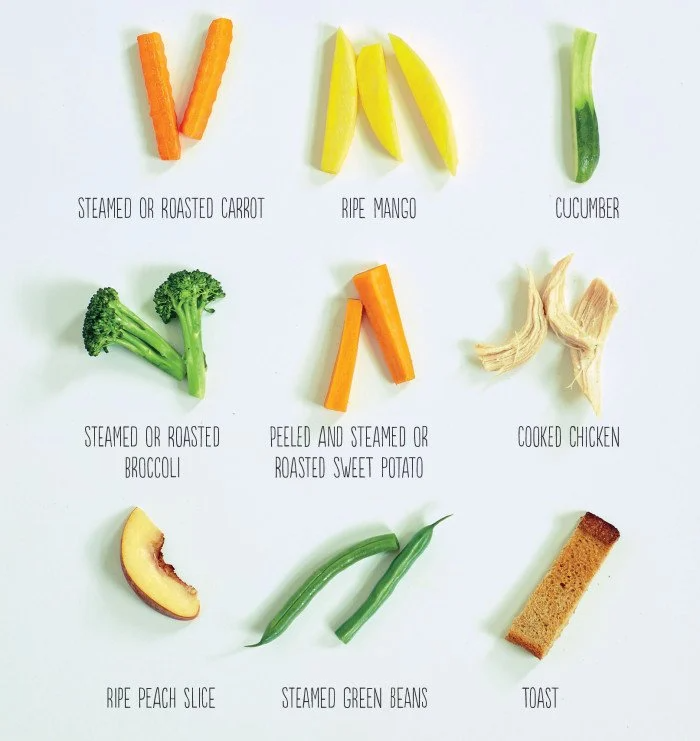 Also how to serve according to baby's age and recipes you can make with carrots.
Also how to serve according to baby's age and recipes you can make with carrots.
5 from 1 vote
Print Recipe Pin RecipePrep Time 5 mins
Cook Time 15 mins
Total Time 20 mins
Course Main Course
Cuisine Baby Food
Servings 4
Calories 50 kcal
For Steaming / Boiling Carrots
- 2 medium carrots (peeled)
- 2-3 cups water (just enough to cover the carrots)
For Baking/Roasting Carrots
- 2 medium carrots (peeled)
- 1 tsp oil or melted butter ((olive, grape seed or avocado oil are all great))
- pinch Himalayan pink salt (optional (for older babies))
- pinch dried herbs (- optional) sage, oregano, basil etc.)
For Carrot Puree
- 2 medium carrots
Choose one of the options for blending the puree
- 1/2 cup liquid (water, breast milk, or homemade stock) (for a pourable puree (6 month old babies))
- 1/4 cup liquid (water, breast milk, or homemade stock) (for a thicker puree (7 months+))
- 2-3 tbsp liquid (for mashed carrots)
How To Steam Carrots
Peel the carrots.
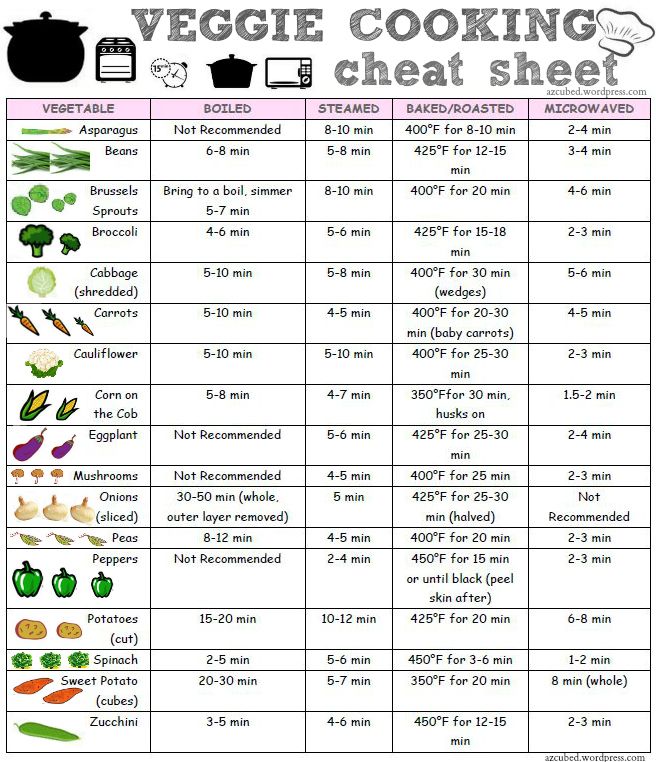 Slice into desired size pieces.
Slice into desired size pieces.Bring 1 inch of water to boil in a saucepan fitted with a steamer basket and cover with a lid.
Steam on medium-low heat for approximately 10-15 minutes (it depends on the size) or until they are soft when pierced with a fork. Then you can cut into smaller pieces specific for your baby’s age and serve.
How To Bake/ Roast Carrots
You have two options: cut then bake, or bake first and then once soft, cut into smaller pieces.
Peel and chop the carrots into desired size.
Drizzle with oil (healthier oil to use is olive oil, avocado oil or grape seed oil) and coat evenly. Season with a touch of pink Himalayan salt (for babies 9 months+), dried herbs like sage, oregano or coriander, optional.
Spread in one layer, on a parchment paper lined sheet pan.
Roast the carrots at 400F until soft and tender, approximately 25-35 minutes.
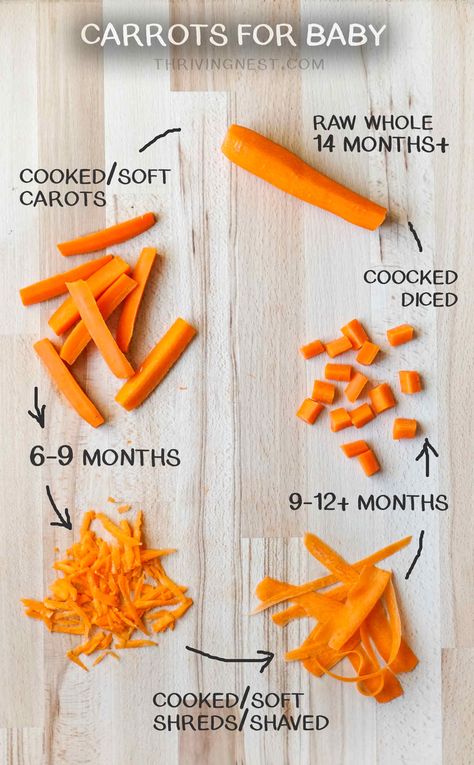 Usually whole thick carrots will need a little more time.
Usually whole thick carrots will need a little more time.
How To Boil Carrots
Bring a pot with water to a boil.
Add the chopped carrots (0.5-1 inch thick slices) to boiling water for 4 to 5 minutes, then drain (timing depends on the thickness of the carrots).
For whole carrots – you need to boil for about 10 minutes. Season if necessary, then you can cut into desired shapes or mash in purees.
2 carrots will yield approximately 1 cup of mashed carrot, or about 1.3 cup carrot puree if you mix with liquid.
When cooked, how soft should carrots be for baby? The carrots should be soft enough for you to smash with your fingers, but still able to hold it’s shape. So that your baby could easiy be able to gum or chew it even without teeth.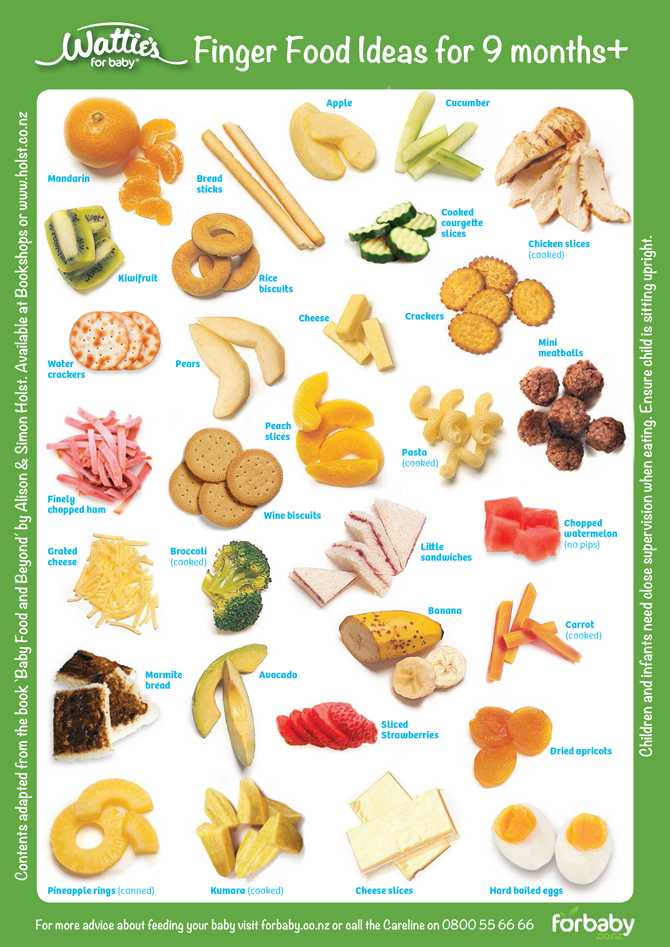
Serving: 1cupCalories: 50kcal
Have you tried any of these recipes? Your feedback is really helpful, please rate and leave a comment below recipe card!!
Pin For LaterDisclaimer: The information, including but not limited to, text, graphics, images and other material contained on this website are for informational purposes only and not intended for medical advice. Please refer to my full disclaimer for more info.
©ThrivingNest. Content and photographs are copyright protected and need prior permission to use. Copying and/or pasting full recipes to other websites and any social media is strictly prohibited. Sharing and using the link of this recipe is both encouraged and appreciated!
1.4K shares
Post Tags: #12-18 months#6-9 months#9-12 months
Similar Posts
90,000 children's carrot puree - a simple and tasty recipe with step -by -step photos- recipes
- Recipes for children
- Children's carrot puree
- We will need:
- Carrots 250g Show as large photos with description
Step 1
1
1.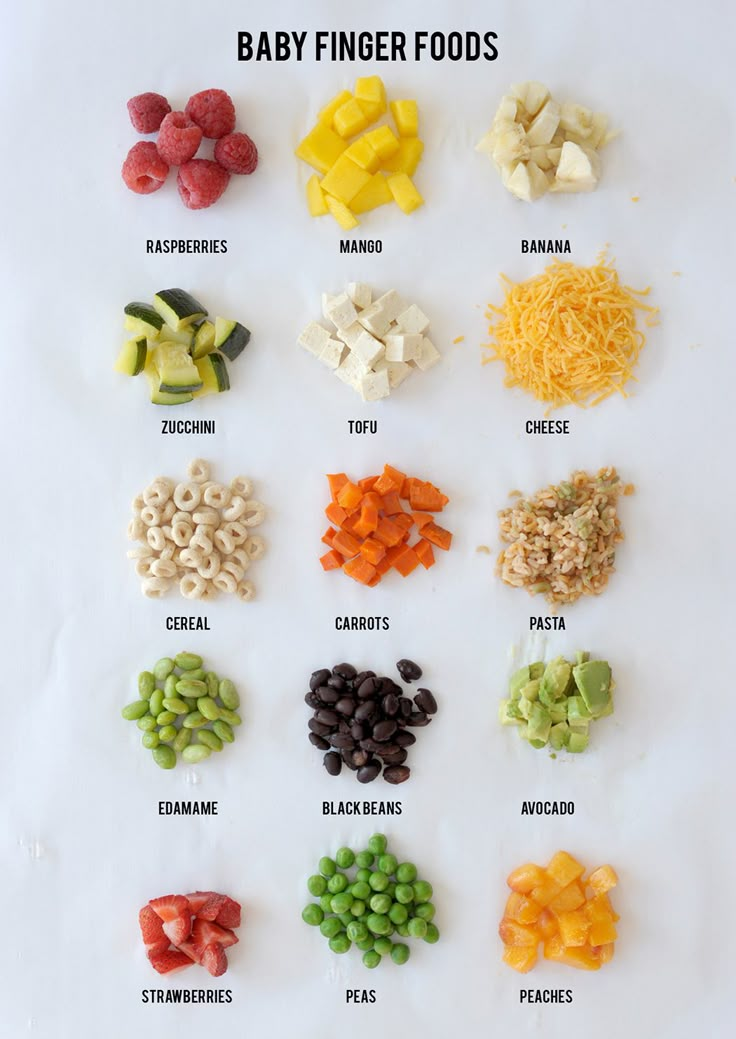 Take a young carrot.
Take a young carrot.
It is pre-washed and cleaned and cut into small cubes. nine0027
Step 2
2
2. Place the sliced carrots in boiling water and cook over low heat for 20-15 minutes until soft.
Tip
! Recommendation: Do not use sugar, salt and spices in children's meals.
Step 3
3
3. Rub the prepared vegetables through a sieve or puree them with a food processor, or with a blender.
Tip
! Recommendation: if you get a thick puree, you can add a decoction. Since the child will not be able to eat too thick puree and not get comfortable in the body. nine0027
Step 4
4
4. Carefully inspect the cookware for cracks (this should not be used).
Wash with degreasing agents and rinse thoroughly under running water.
Pour water into the bottom of each jar in a layer of 1-1.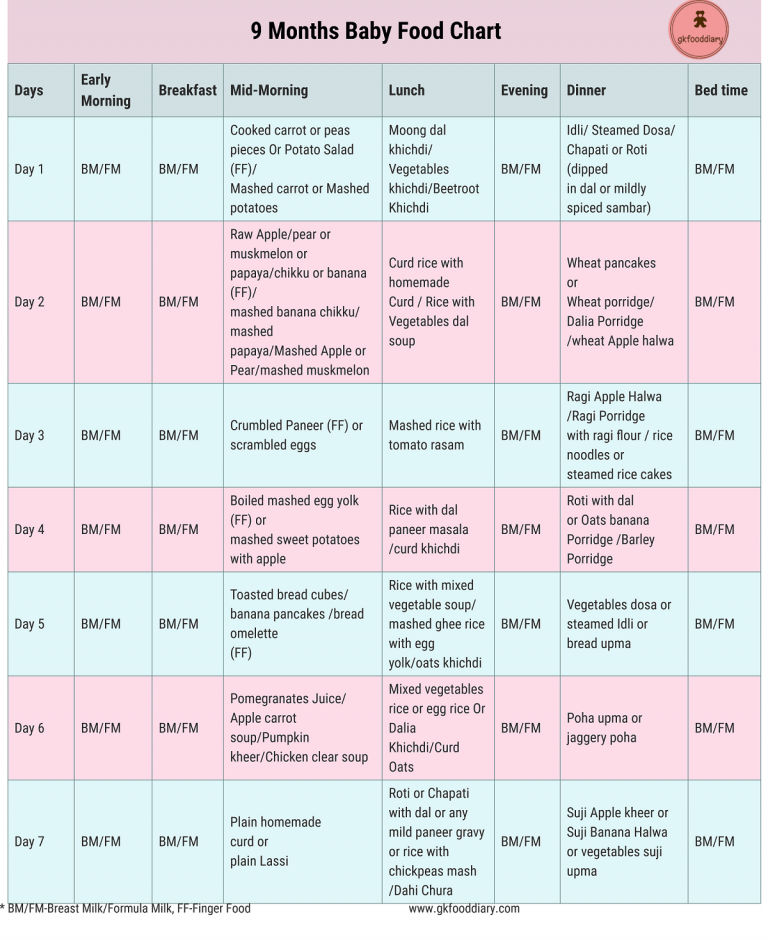 5 cm.
5 cm.
Turn on the microwave oven at maximum power (from 700 to 800 W and above, in this case, the time is simply reduced) for 3-5 minutes, depending on the volume of the container. nine0031 Using clean oven mitts, take out the hot dish and place it on the ironed cloth.
Tip
Sterilization involves the destruction of pathogenic microorganisms that may adversely affect the human body. On an industrial scale, this is achieved using high temperatures and pressures. At home, steam treatment is most often used. Warming dry cans in the oven is also used.
Recipe category: Recipes for children
Tags: puree, baby puree, carrot puree, vegetable dishes, healthy eating, vegetarian recipes, recipes for children
Similar recipes
Zucchini puree soup Fragrant vegetable soup Baby zucchini and pumpkin puree Spinach mashed potatoes Irish Mash - Colcannon Bell Pepper Soup carrot waffles Delicate mashed potatoes from Chef Vegetable puree soup Baby squash puree Aligo or mashed potatoes with cheese Carrot cream soup nine0028 Other recipes in category "Recipes for children" Oatmeal with pumpkin coffee marshmallow apple terrine Steamed lazy dumplings (in a slow cooker) Chicken muffins with cottage cheese and cheese Cottage cheese casserole with raisins and dried apricots Banana casserole in a slow cooker Cherry marmalade Homemade Adyghe cheese "Nests" of zucchini Baby squash puree Homemade milk sausages-
Multicooker recipes
-
Vegetarian recipes
nine0004 -
Healthy eating
-
Recipes for children
-
New Year's recipes
-
Apple pastries and sweets
-
Salad recipes
-
First courses
-
Second courses
-
National dishes
-
Bakery products
-
Cakes and pastries
-
Desserts and sweets
-
Drinks
-
Preparations, pickles, jams
-
Sauces
-
Miscellaneous
Recipes for children
baby carrot puree
Carrots rich in beta-carotene are a very important product in baby food.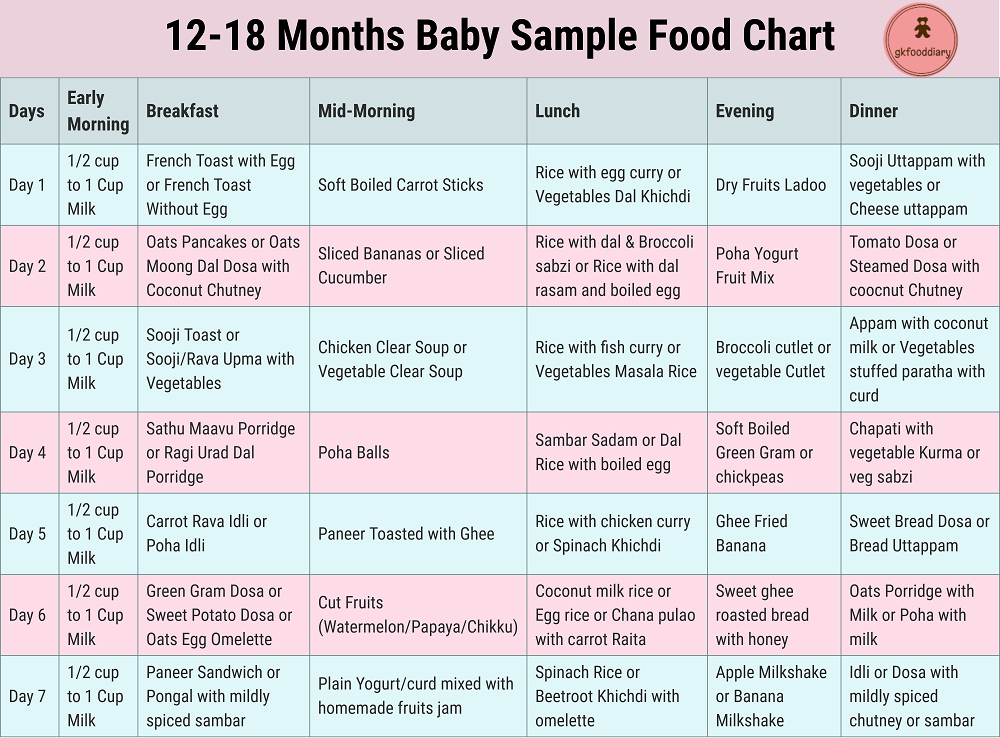 Follow our simple step-by-step guide to learn how to introduce carrots to your baby's diet and how to make baby carrot puree.
Follow our simple step-by-step guide to learn how to introduce carrots to your baby's diet and how to make baby carrot puree.
Before starting the preparation of carrot puree, let's figure out how many months you can introduce carrots into complementary foods. Do not rush and introduce carrots into complementary foods as one of the first vegetables, since an allergy to carrots in infants is possible. What vegetables are better to start with complementary foods, see the table of complementary foods. nine0027
However, from 7-8 months you can try to give a little carrot puree to the baby. Don't forget how to introduce complementary foods: start with a small dose (half a teaspoon of carrot puree is enough) in the morning meal so that during the day you can see if the child has an allergic reaction. With normal tolerance, gradually increase the serving.
Read also: Carrot vitamins for the whole family
Step 1: Choose and buy carrots
Look for carrots with a smooth surface and bright orange color.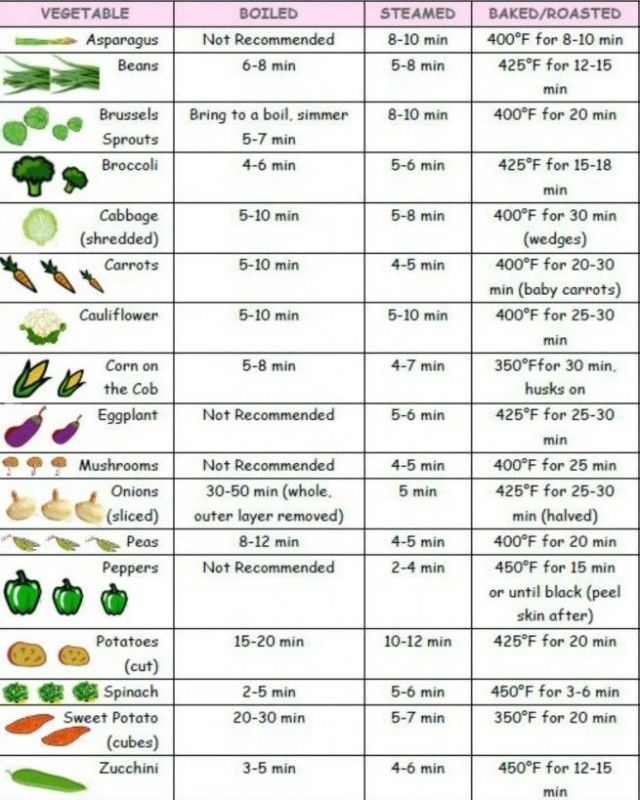 The root crop should be of natural shape, without bends. Do not buy carrots with a blackened top - it indicates that the vegetable is stale.
The root crop should be of natural shape, without bends. Do not buy carrots with a blackened top - it indicates that the vegetable is stale.
Step 2: Wash and prepare the carrots for cooking
Wash the carrots under cold running water. If you're worried about nitrates, you can soak it for 2 hours in cold water. Clean and remove greens. Cut the carrot into small pieces. nine0027
Read also: 10 Myths and Facts About Nitrates in Homemade Baby Food
Step 3: Prepare the Carrots
Pour water into a medium saucepan, place over heat and bring water to a boil. Reduce heat and simmer carrots until soft. How much to cook carrots for feeding? Approximately 10-15 minutes. Drain and rinse the carrots in cold water for three minutes to stop the cooking process.
Step 4: Puree carrots
Puree the carrots in a food processor or blender until smooth. Add water as needed to achieve desired consistency.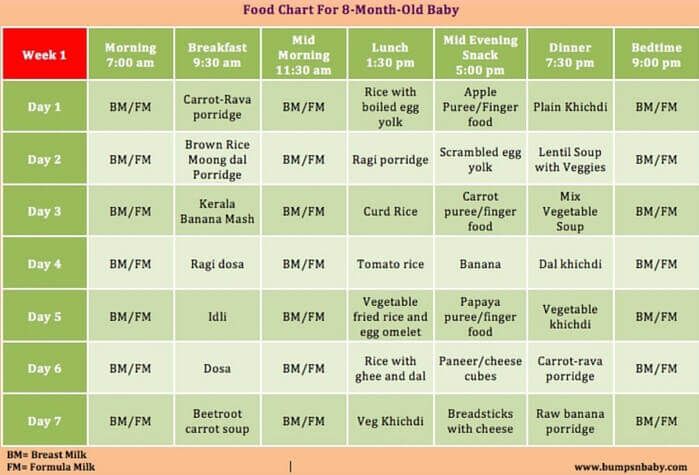 After your baby is ready for more solid foods, usually around 10 months old, instead of mashing the carrots, you can cut them into pieces.
After your baby is ready for more solid foods, usually around 10 months old, instead of mashing the carrots, you can cut them into pieces.
Step 5: What goes best with carrot puree
Carrot puree is delicious on its own or paired with other vegetables, fruits, meat and fish. After the child has mastered the monocomponent vegetable puree, you can mix carrots with various fruits, other vegetables, meat or fish. nine0027
Try combining carrot puree with:
- broccoli:
- green beans;
- peach;
- zucchini;
- sweet potatoes;
- brown rice;
- lentils;
- veal;
- chicken.
Try our recipes for fish puree with carrots or vegetable puree with broccoli and cheese containing carrots or carrot puree with chicken, peppers and sweet potatoes. nine0027
Step 6: Freeze the carrot puree
Leftover carrot puree can be refrigerated and kept in a special container in the refrigerator for up to 3 days.